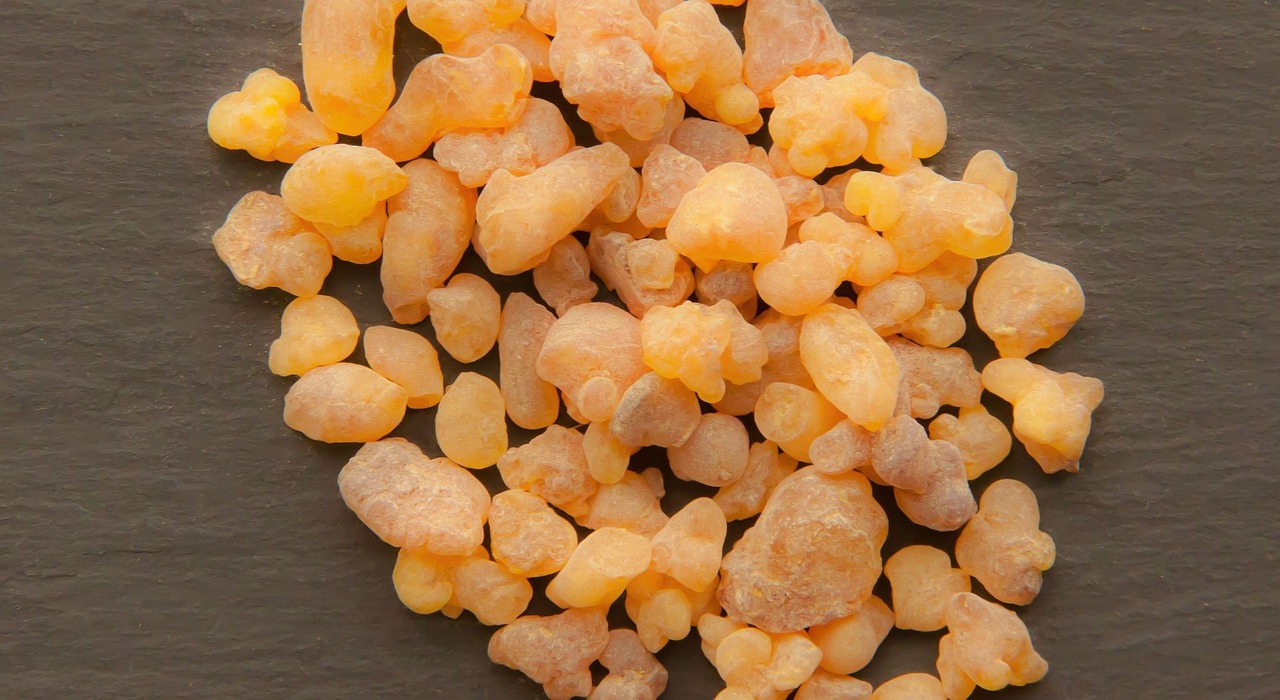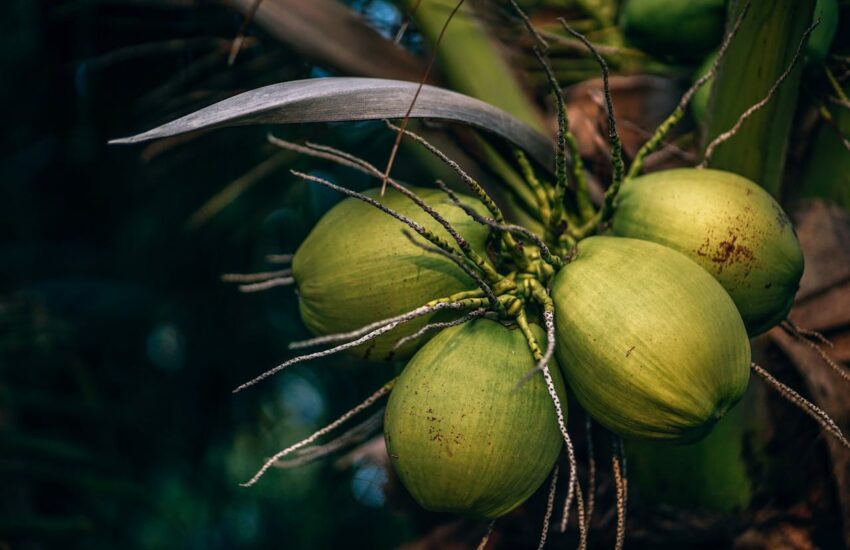5 Benefits of Frankincense
It’s Jesus’s birthday in a few weeks.
Actually, we don’t really know if he was born on December 25th or not, but the fact remains that after he was born three Magi (or wisemen) showed up bearing gifts to give the newborn king and one of those gifts was something incredibly valuable…both then and now.
The gift was Frankincense.
Frankincense is much more common now than it was 2,000 years ago.
Back then it was regarded as a premium aromatic that people used for ceremonial purposes, and religious purposes, and for the ultra-wealthy, it was something they used as a perfume.
Today, we use it as “medicine” and around the home.
Frankincense comes from the Boswellia tree, a shrub-like tree that grows throughout the Arabian Peninsula and Northeastern Africa.
What people didn’t know back then was just how useful this resin is.
And that’s what I intend to do, show you why this ancient aromatic is actually something you may want to use today.
If it was good enough for Jesus (which I believe is a pretty high standard) then it certainly is good enough for you.
5 Reasons to Use Frankincense In Your Day-to-Day
When frankincense is taken from a tree it comes off as a stick sap that then dries into a hard resin, but most of the time you will encounter it in an essential oil form.
It’s easy to use this way, and you get most of the benefits.
However, you can get it in supplemental form too.
This is the second most common way to use Frankincense, though you are often going to see it listed as Boswellia (like the one we carry on our site).
Depending on why you want to use Frankincense will determine what kind of product you get.
But, let me show you what this tree-sap can do.
1 – It Helps to Support Inflammation Response:
Inflammation is not a bad thing.
You just want your body’s inflammatory response to remain balanced and in control.
I think one of the best reasons to use frankincense is as it has been shown in studies to support how your body responds to inflammation related to things like joint pain, stomach issues, breathing conditions, and more.
One of the ways frankincense works in regard to inflammation and pain is via its ability to support how your body retains cartilage tissue and helps to keep it intact longer. This means it can act as a potent pain reliever that targets joints, tendons, and ligaments for the relief of periodic pain.
Both the oil as well as the supplement have been shown in some studies to help with the reduction of temporary bouts of anxiety and can aid in experiencing better sleep, too.
2 – May Help to Promote a Healthy Gut:
Your gut is one of the most important systems in your body.
If it’s off and not functioning properly you can expect to experience some pretty big issues later on.
Some studies show that by working to support how your body responds to inflammation there is a possibility that frankincense will help to improve the function of your gut.
In 2017 researchers discovered frankincense and a combo of other herbs had a pronounced effect on how people with IBS achieved improvements in abdominal pain and bloating and even felt better mentally.
Another study found that people with a disease called ulcerative colitis (which is caused by inflammation) also experienced improvements in quality of life.
3 – Works to Support a Healthy Immune System:
We’ve seen how important a healthy immune system is to human flourishing these past few years.
Frankincense has an observed quality of being able to help your immune system.
Dr. Axe writes:
“Studies have demonstrated that frankincense benefits extend to immune-enhancing abilities that may help destroy dangerous bacteria, viruses and even cancers. Researchers at Mansoura University in Egypt conducted a lab study and found that frankincense oil exhibits strong immunostimulant activity.
It can be used to prevent germs from forming on the skin, mouth or in your home. This is the reason many people choose to use frankincense to naturally relieve oral health problems.
The antiseptic qualities of this oil may help prevent gingivitis, bad breath, cavities, toothaches, mouth sores and other infections from occurring, which has been shown in studies involving patients with plaque-induced gingivitis.”
4 – Could Help Your Brain
Your brain is such a sensitive organ, and research seems to indicate that it may like frankincense.
In animal studies, pregnant rats were given frankincense before birth. The researchers then compared their offspring to a control group of offspring and noted that the rats who were born in the frankincense group demonstrated a significantly increased ability to learn as well as were shown to have better short-term and long-term memory.
This doesn’t mean that this will happen with humans, or that taking it now will make you smarter instantly, however, there is reason to believe that the anti-inflammatory properties may help to support a healthy brain and give you an added boost for cognition.
5 – May Help Balance Mood and Negate Stress:
One of the first things you’ll notice when you open up a bottle of frankincense essential oil is just how good it smells.
This is why it’s one of the more popular essential oils used in aromatherapy.
A simple inhalation of this oil has an immediate effect on your nervous system. You can expect that your heart rate and breath rate will go down when you breathe it in and this can help to support healthy blood pressure and cardiovascular health.
Practitioners of aromatherapy list frankincense oil as one of their favorites for administering to people struggling with moodiness or depression.
And this is supported by research.
A 2019 study was able to show that frankincense contains 2 compounds (incensole and incensole acetate) that can activate ion channels in the brain to alleviate anxiety or depression.
An animal study showed that burning Boswellia resin as incense had antidepressive effects: “Incensole acetate, an incense component, elicits psychoactivity by activating TRPV3 channels in the brain.”
Researchers suggest that this channel in the brain is implicated in the perception of warmth in the skin.


